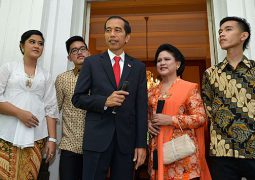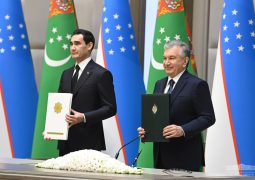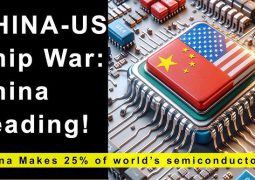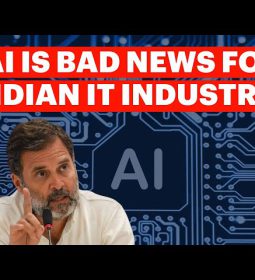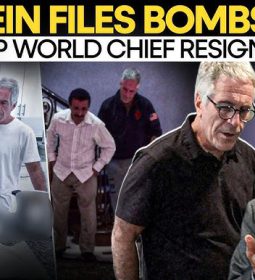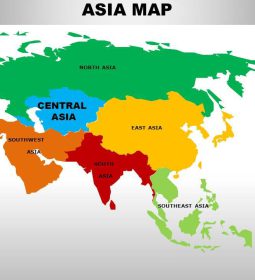Trump and Xi discuss Taiwan, troubled US-China trade ties
North Eastern Asia
21 views 0
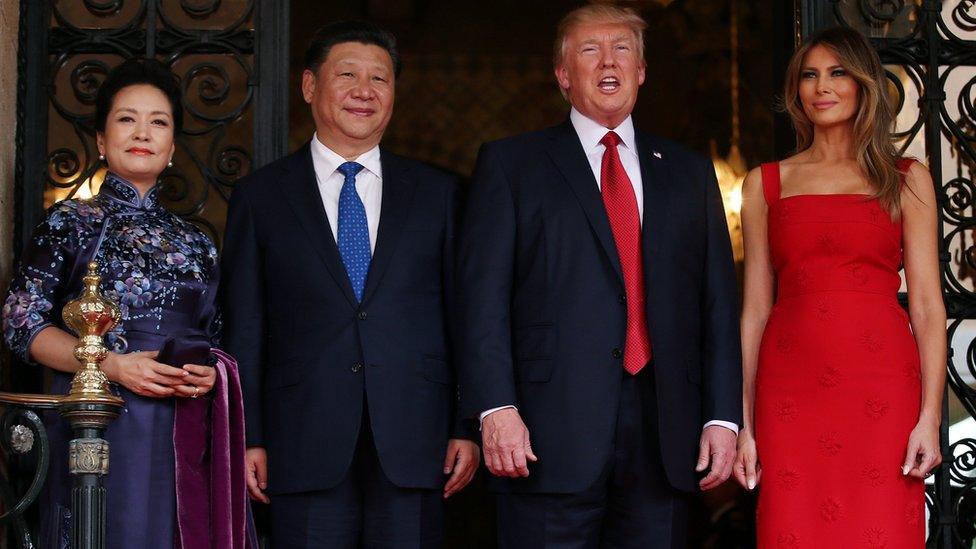
US president says he has accepted an invitation to visit China and extended his own offer of a visit to Xi

Mark Magnierin New YorkandYuanyue Dangin Beijing
Chinese President Xi Jinping and US President Donald Trump held a much-anticipated call on Thursday during which they discussed Taiwan and their troubled trading relationship before extending invitations to visit each other’s capitals.
Trump on social media said the call “resulted in a very positive conclusion for both Countries”.
“During the conversation, President Xi graciously invited the First Lady and me to visit China, and I reciprocated. As Presidents of two Great Nations, this is something that we both look forward to doing,” he added.
The news followed weeks of tit-for-tat accusations as Washington and Beijing blamed each other for breaching a deal reached weeks ago in Geneva when the world’s two largest economies agreed to dramatically cut mutual tariffs for 90 days, an outcome Trump then dubbed a “total reset”.
According to separate readouts, the leaders agreed to reverse blocked visas for Chinese students studying in the US, an irritant for Beijing, and resume Chinese exports of rare earth minerals, an irritant for Washington.
But the tone of the read-outs was notably different, with self-described deal maker Trump’s being more positive and China’s more cautious.

While a CCTV account said Xi emphasised the importance of the Taiwan issue, Trump noted that the conversation “focused almost entirely on TRADE”, adding that it did not cover Russia, Ukraine or Iran.
“Xi Jinping emphasised that the United States should handle the Taiwan issue with caution,” according to CCTV, to avoid dragging “the two countries into a dangerous situation of conflict and confrontation”.
Beijing sees Taiwan as part of China to be reunited by force if necessary. Most countries, including the US, do not recognise Taiwan as an independent state, but Washington is opposed to any attempt to take the self-governed island by force and is committed to supplying it with weapons
On Thursday, both sides cited the Geneva agreement as a point of reference to build on, although Beijing appeared keen to establish that its side had acted responsibly.
“The Chinese people always keep their promises and follow through on their actions. Since a consensus has been reached, both sides should abide by it,” Beijing said.
“The US side should view the progress made in a realistic manner and withdraw the negative measures it has imposed on China,” it added.
The call was the first since a phone conversation three days before Trump’s January 20 inauguration, which the American president had described as “very good”. The White House claimed a second call took place in February, which Beijing declined to confirm.
Thursday’s call has been widely seen by both countries as the highest political endorsement for de-escalating the trade war, which has threatened to reshape global trade flows for decades to come.
Beijing on Thursday called for “enhanced exchanges” in diplomacy, trade, military and law enforcement” to build consensus, reduce misunderstandings and strengthen cooperation.
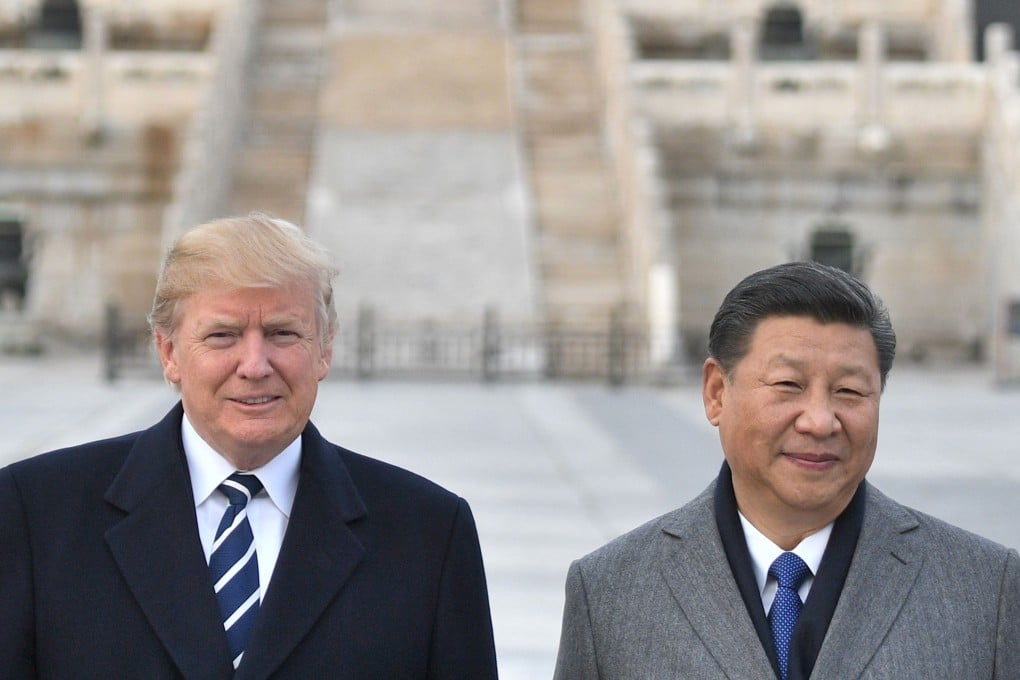
Trump, using uncharacteristically vague language, suggested that Beijing had agreed to ease its strategic grip over rare earths, essential for a broad range of consumer and military technology and a major source of negotiating leverage for China.
“There should no longer be any questions respecting the complexity of Rare Earth products,” Trump wrote. “Our respective teams will be meeting shortly.”
Tensions between the world’s two biggest economies became increasingly evident in the days leading up to the call.
The Trump administration slammed China for slow-walking exports of rare earth elements and contended that Beijing “totally violated” the Geneva agreement.
China countered by criticising Washington for implementing “discriminatory restrictions”. Those included US-issued guidance that had warned companies just one day after the announced Geneva deal not to use Huawei Technologies’ Ascend artificial intelligence chips anywhere in the world.
US stock indexes rose modestly on Thursday following news of the elusive call.
Analysts said the stagecraft suggested China was increasingly confident.
“Beijing’s willingness to proceed now suggests it feels it holds the stronger hand,” said Daniel Russel of the Asia Society Policy Institute (ASPI). China knows Trump is eager for a deal and is leveraging that to the hilt.”
Russel noted Trump’s restrained account of the meeting without his signature all caps wording, “presumably because Beijing had demanded assurances he wouldn’t mouth off as a condition for consenting to the call”.
In recent months, Trump has hinted several times that he would soon speak with Xi, leading analysts to suggest he was trying to “will” a call into existence.
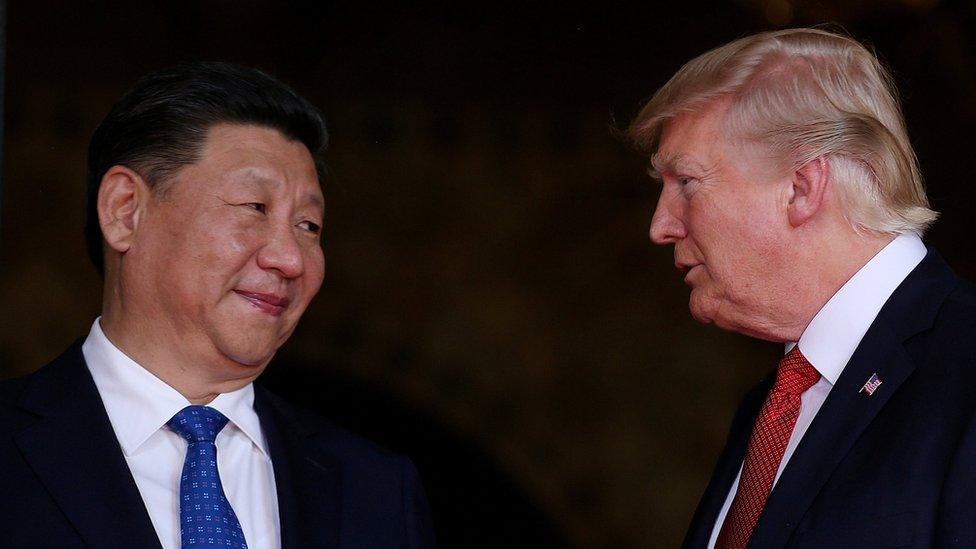
US trade officials and analysts expressed hope that the top-level breakthrough would help ease tensions after weeks of rhetoric and tit-for-tat moves that have unnerved global trade.
The US Chamber of Commerce, which represents nearly three million businesses, had characterised the Geneva agreement as “welcome news” even as it renewed calls for tariff exclusions for small businesses, products not produced in the US and companies facing imminent lay-offs.
The call “indicates that the two sides have made at least some progress in building trust and establishing the ground rules for a meeting, the most fundamental of which is that Trump treats Xi with respect”, said Jeremy Chan of the New York-based Eurasia Group consultancy.
But more than vaguely optimistic statements will be needed to ease deeply entrenched trade differences unlikely to lend themselves to the quick solutions that the US president prefers, analysts noted.
Long-standing irritants include excess manufacturing capacity and excessive subsidisation of Chinese firms to punitive US tariffs and transshipment efforts by Chinese companies.
Beijing also increasingly wonders whether it can trust Trump’s word even as trade issues remain too entrenched for the sort of quick solutions the US president prefers, some noted.
“The bilateral disputes that have arisen since the Geneva meeting underscore just how difficult and complicated the upcoming trade talks will be,” at a time when US negotiators are already spread thin with tariffs imposed on other countries, said ASPI’s Wendy Cutler.
“The likelihood of further misunderstandings, coupled with a fundamental lack of trust, will present enormous challenges for the negotiators as they try to hammer out a deal,” Cutler added.
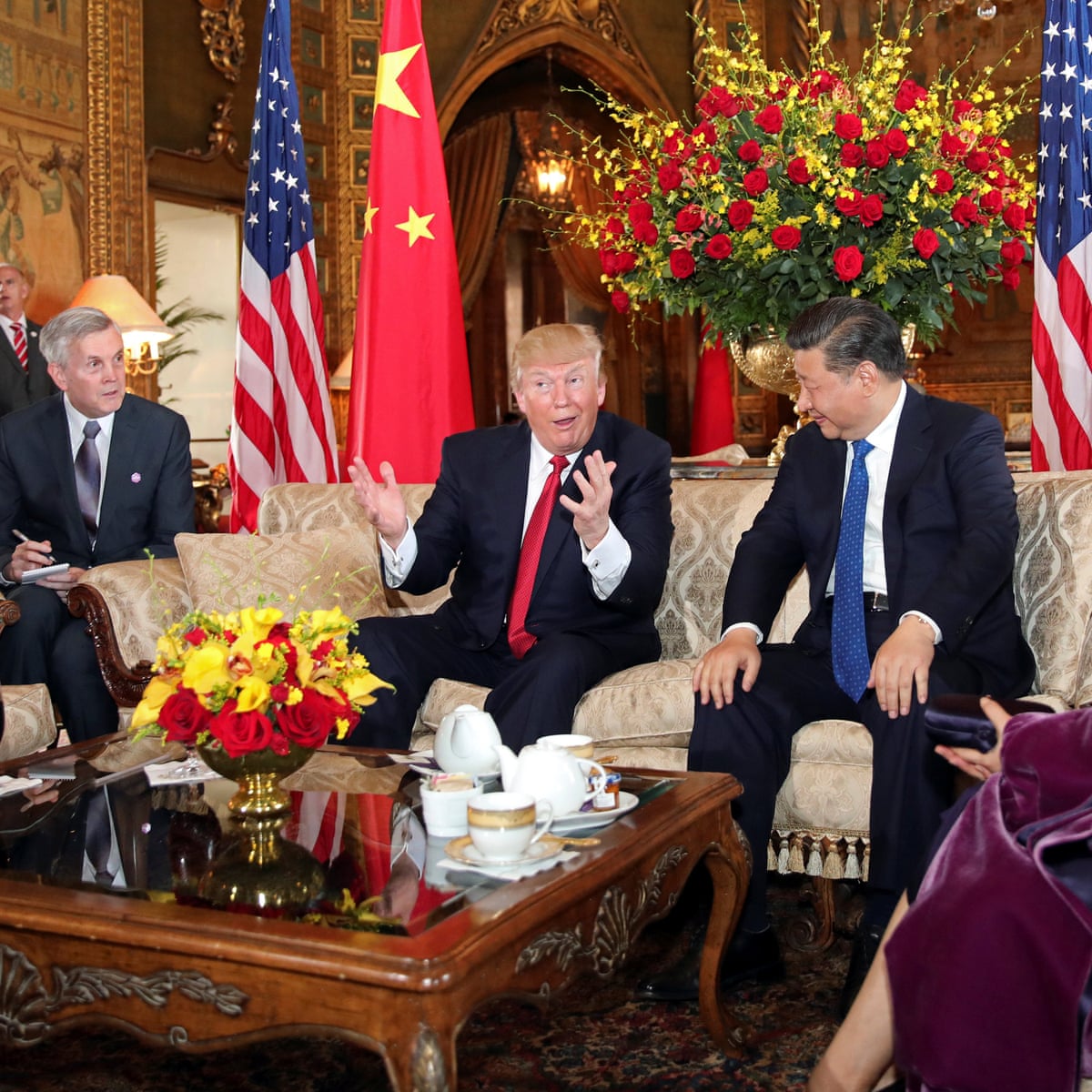
The strongman ruling style of the two men has made it crucial that the tone and direction are set from the very top, analysts added.
Trump has quickly adopted an “imperial” approach to his second presidency, while Xi has rescinded China’s two-term presidential limit and is widely seen as China’s strongest leader in generations.
With pride on the line for both leaders, a key focus has been who asked for talks and who blinked first.
“China wants to make a deal. They just don’t know how quite to go about it,” Trump said at the White House in mid-April, insisting that Beijing reach out first.
Beijing on Thursday pointedly advised that Thursday’s 90-minute conversation with Trump was held “at the latter’s request” even as it touted a supposed deference that Washington displayed for China.
“Trump expressed great respect for President Xi Jinping, noting that US-China relations are of great importance,” CCTV said. “The US side welcomes China’s continued strong economic growth.”
Trump, who considers himself a master deal maker has been keen for months to speak with Xi directly. But as Beijing played hard to get, his impatience appeared to spill over in re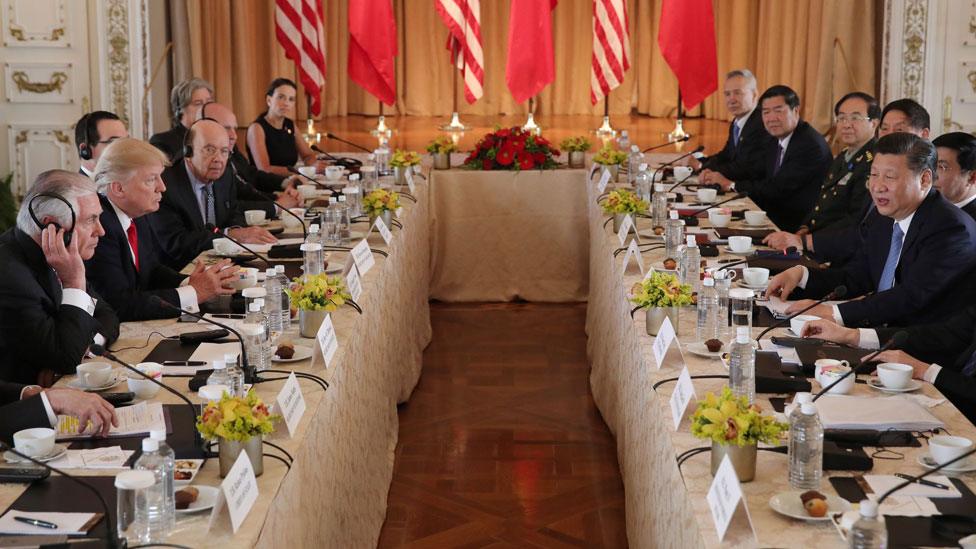 cent days.
cent days.
 cent days.
cent days.“I like President Xi of China, always have, and always will, but he is VERY TOUGH, AND EXTREMELY HARD TO MAKE A DEAL WITH!!!,” Trump wrote on social media in early June.
China, however, has been wary of subjecting Xi to an unvarnished Trump, analysts said.
This reflects Beijing’s preference for working disputes through channels to avoid uncertain outcomes and ensure that its leader is not humiliated – having seen Trump publicly dress down Ukrainian President Volodymyr Zelensky in late February and South African President Cyril Ramaphosa in May.
“We are open to consultations,” Chinese Commerce Ministry spokesman He Yadong said in mid-April, provided they are “conducted on the basis of mutual respect and in an equal manner”.
Chan of Eurasia Group said Xi usually only agrees to contacts with another nation’s leader after many months of painstaking work at lower diplomatic levels.
“Xi has bowed to reality, like so many other foreign leaders before him, that there is no substitute for direct negotiations with Trump,” said Chan, a former US diplomat at the US consulate in Shenyang. “The two countries will never reach a robust agreement without Xi’s active engagement with Trump.”
Source :
- Previous India+ 5: Central Asian ministers meet in New Delhi – June 5th-6th
- Next Brasilian President Lula in straight definion slams Israel: It is ‘Premeditated genocide’ in Gaza



